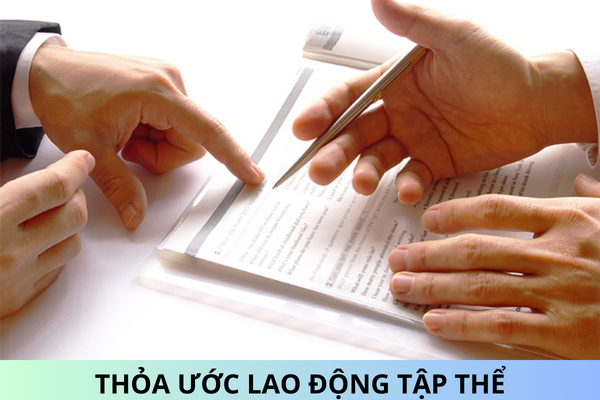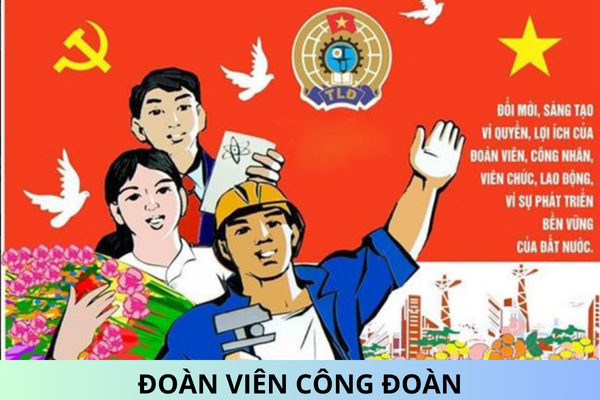What are procedures for licensing labor dispatch in 2024 in Vietnam?
Please ask: What is implementation of procedures for licensing labor dispatch in 2024 in Vietnam? Looking forward to your answer!
What are procedures for licensing labor dispatch in 2024 in Vietnam?
Pursuant to Article 25 of Decree 145/2020/ND-CP regulating licensing procedures:
Licensing procedures
1. a) The applicant shall submit 01 application prescribed in Article 24 of this Decree to Department of Labor, War Invalids and Social Affairs of the province where it is headquartered.
2. After making sure the application contains adequate documents as prescribed in Article 24 of this Decree, the Department of Labor, War Invalids and Social Affairs shall issue a receipt note specifying the date of receipt.
3. Within 20 working days from the receipt of the satisfactory application, the Department of Labor, War Invalids and Social Affairs shall examine the application and propose issuance of the license to the President of the People’s Committee of the province.
In case the application is not satisfactory, within 10 working days from the receipt of the application, the Department of Labor, War Invalids and Social Affairs shall send a written request for supplementation of the application to the applicant.
4. Within 07 working days from the receipt of the proposal from the Department of Labor, War Invalids and Social Affairs, the President of the People’s Committee of the province shall consider issuing the license; in case the application is rejected, provide a written response and explanation.
...
According to this Article, the procedures for licensing labor dispatch in Vietnam are as follows:
Step 1 : Submit application
The enterprise sends a set of documents to the Department of Labor, War Invalids and Social Affairs where the enterprise is headquartered to request a license.
Step 2 : Receive and check documents
- After checking all documents, the Department of Labor, War Invalids and Social Affairs issues a receipt clearly stating the date, month and year of receipt of the license application.
- Within 20 working days from the date of receiving the required documents as prescribed, the Department of Labor, War Invalids and Social Affairs shall verify and submit to the Chairman of the Provincial People's Committee to issue a license to the enterprise.
Step 3 : The Chairman of the Provincial People's Committee reviews and issues a license to the enterprise
Within 07 working days from the date of receiving the dossier submitted by the Department of Labor, War Invalids and Social Affairs, the Chairman of the Provincial People's Committee shall consider and issue the license.
In case the license is not granted, there will be a written response from the enterprise clearly stating the reason for not granting the license.

What are procedures for licensing labor dispatch in 2024 in Vietnam? (Image from the Internet)
How long is labor dispatch license valid for in Vietnam?
Pursuant to Article 23 of Decree 145/2020/ND-CP regulating labor subleasing operating licenses:
License to operate labor subleasing
1. The labor dispatch license shall be printed on an A4 paper (21 cm x 29,7 cm). The front side of the license has blue pattern on a white background with the national symbol watermark and black border. The back side also has the national emblem and the text GIẤY PHÉP HOẠT DỘNG CHO THUÊ LẠI LAO DỘNG” (“LABOR DISPATCH LICENSE”) on a blue background.
2. The content of the labor dispatch license shall comply with Form No 04/PLIII in Appendix III hereof.
3. License duration:
a) A license shall be valid for up to 60 months;
b) A license may be renewed multiple times, each renewal must not exceed 60 months;
c) The expiration date of a reissued license is the same as that on the previously issued license.
According to this Article, the labor dispatch license has a maximum term of 60 months in Vietnam.
In case the license is renewed multiple times in Vietnam, each extension is for a maximum of 60 months;
What rights and obligations do outsourcing enterprises in Vietnam have?
Pursuant to Article 56 of the 2019 Labor Code, which stipulates rights and obligations of the outsourcing enterprise:
Rights and obligations of the outsourcing enterprise
Apart from the rights and obligations specified in Article 6 of this Labor Code, the outsourcing enterprise also has the following rights and obligations:
1. Provide an outsourced worker who meets the requirements of the client enterprise and the employment contract signed with the employee;
2. Inform the outsourced worker of the contents of the labor outsourcing contract;
3. Provide the client enterprise with the curriculum vitae of the outsourced worker, and his/her requirements.
4. Pay the outsourced worker a salary that is not lower than that of a directly hired employee of the client enterprise who has equal qualifications and performs the same or equal work;
5. Keep records of the number of outsourced workers, the client enterprise, submit periodic reports to the provincial labor authority.
6. Take disciplinary measures against the outsourced worker in cases where the client enterprise returns the employee for violations against labor regulations.
Thus, outsourcing enterprises have the following rights and obligations:
- Recruit, arrange and manage and supervise employees; give commendation and take actions against violations of internal labor regulations;
- Establish, join and operate in employer representative organization, occupational associations and other organizations in accordance with law;
- Request the representative organization of employees to negotiate the conclusion of the collective bargaining agreement; participate in settlement of labor disputes and strikes; discuss with the representative organization of employees about issues related to labor relations and improvement of the material and spiritual lives of employees;
- Temporarily close the workplace;
- Exercise other rights prescribed by law.
- Implement the employment contracts, collective bargaining agreement and other lawful agreements with employees; respect the honor and dignity of employees;
- Establish a mechanism for and hold dialogue with the employees and the representative organization of employees; implement the regulations on grassroots-level democracy;
- Training, retraining, fostering to improve qualifications and vocational skills to maintain and change careers and jobs for workers;
- Provide basic training and advanced training in order to help employees improve their professional skills or change their occupations;
- Implement regulations of laws on labor, employments, vocational education, social insurance, health insurance, unemployment insurance, occupational safety and health; develop and implement solutions against sexual harassment in the workplace;
- Participate in development of the national occupational standards, assessment and recognition of employees’ professional skills.
- Provide an outsourced worker who meets the requirements of the client enterprise and the employment contract signed with the employee;
- Inform the outsourced worker of the contents of the labor outsourcing contract;
- Provide the client enterprise with the curriculum vitae of the outsourced worker, and his/her requirements.
- Pay the outsourced worker a salary that is not lower than that of a directly hired employee of the client enterprise who has equal qualifications and performs the same or equal work;
- Keep records of the number of outsourced workers, the client enterprise, submit periodic reports to the provincial labor authority.
- Take disciplinary measures against the outsourced worker in cases where the client enterprise returns the employee for violations against labor regulations.
Best regards!










